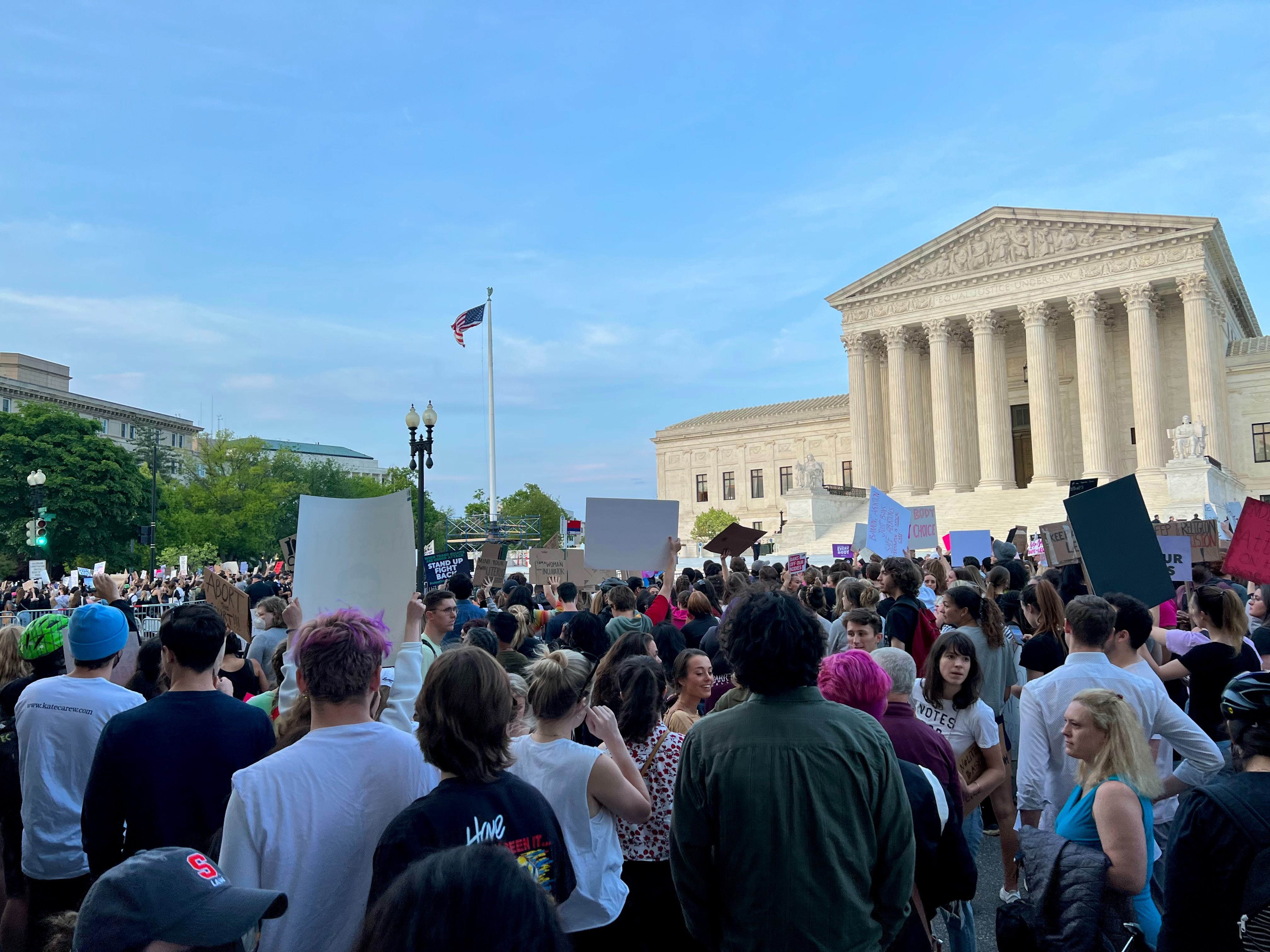

Should Roe vs Wade be turned into law in the USA?
Introduction:
The question of whether Roe vs Wade should be turned into law in the USA is a highly debated and controversial topic. Roe vs Wade is a landmark Supreme Court decision made in 1973, which legalized abortion nationwide. In this response, we will explore both sides of the argument and provide examples and references to support each viewpoint.
Arguments in favor of turning Roe vs Wade into law:
- Women's reproductive rights: Supporters of turning Roe vs Wade into law argue that it is essential for protecting women's reproductive rights. They believe that a woman should have the right to make decisions about her own body, including the choice to terminate a pregnancy. The ability to access safe and legal abortion services ensures that women have control over their reproductive health.
- Public health and safety: Proponents argue that legalizing abortion through Roe vs Wade has improved public health and safety. Prior to the decision, many women sought unsafe and illegal abortions, leading to numerous complications and even deaths. Legalizing abortion has allowed for regulated and medically supervised procedures, reducing the health risks associated with unsafe abortions.
- Historical precedent: Supporters of Roe vs Wade argue that it has become a well-established legal precedent over the past several decades. They believe that overturning the decision would set a dangerous precedent for undermining other established constitutional rights.
Arguments against turning Roe vs Wade into law:
- Right to life: Opponents of turning Roe vs Wade into law argue that it infringes upon the right to life of the unborn fetus. They believe that life begins at conception and that abortion is equivalent to taking an innocent life. They argue that protecting the unborn should take precedence over a woman's right to choose.
- Moral and religious beliefs: Many individuals who oppose Roe vs Wade do so based on their moral and religious beliefs. They believe that abortion is morally wrong and goes against their religious teachings. They argue that the government should protect the sanctity of life and promote alternatives to abortion, such as adoption.
- State's rights: Some opponents argue that the issue of abortion should be left to individual states to decide, rather than being mandated at the federal level. They believe that states should have the authority to set their own abortion laws based on the values and beliefs of their residents.
Conclusion:
The question of whether Roe vs Wade should be turned into law in the USA is a complex and divisive issue. Supporters argue for women's reproductive rights, public health, and historical precedent, while opponents emphasize the right to life, moral and religious beliefs, and state's rights. It is important to recognize the diverse perspectives on this matter and engage in respectful dialogue to find common ground.
Note: This response provides a balanced overview of the arguments for and against turning Roe vs Wade into law. It is essential to conduct further research and consider multiple sources to form a well-informed opinion on this topic.
Related Posts
© 2025 Invastor. All Rights Reserved

User Comments